Let’s get started with a quick recap:
Capitalism. Under this system an organisation can
only survive in the market by looking after the customer. By delivering
goods or services of the right quality at the right time at the right
price. Otherwise they go bust.
Socialism. Under this system the state directs what
goods and services will be delivered, what their quality will be and
also the price. This cannot possibly exist in a market because
competition would kill it, so monopolies are essential for it to
function. Such organisations exist for the benefit of the state, not the
customers. They cannot go bust because they can fix prices and rely on
the state for subsidies of taxpayers money.
Now let’s look at what assets and strengths Cuba has to enrich their people with:
- Its people. 11 million very well educated people. Their literacy and
numeracy rate is better than Britain’s. Number 5 in the UN Education
index.
- Incredibly verdant and productive agriculture. Rich soil and a tropical climate combine to allow several crops per year.
- Nickel and Cobalt. There are 5.5 million tons of Nickel waiting to be mined, 7% of the world total.
- Oil. Cuba is an oil producer and known reserves of 20 billion barrels, one of the top 20 reserves in the world.
- Tourism. Cuba is an idyllic tropical paradise with amazing beaches.
Contrast and compare with what Hong Kong has to offer:
- Seven million educated people. Number 87 in the UN Education index.
- A great harbour.
- Nothing else.
As you can see Cuba has Hong Kong well beaten.
- 80% of the landmass was under cultivation or used for grazing. Cuba
was second only to Brazil in exporting agricultural products to USA.
- Cuba’s real per capita income was $378, fourth in Latin America. Spain ($324) and Portugal ($212), were both lower.
- The share of national income paid to workers was 65 percent, only Great Britain, the United States, and Canada. were higher.
- After WW2 HK had a population of just 600,000, during the 1950s
there was a immense influx of refugees from China. 100,000 a month came
till the population exceeded 3 million. Many lived in shanty towns.
- With nothing for all these people to do the British colonial masters
started manufacturing projects to make simple, low cost items like
buttons, plastic items, umbrellas, artificial flowers etc.
Once again you can see Cuba has Hong Kong well beaten.
From this basis the two economies took different courses. Socialist
Cuba couldn’t produce sugar competitively against world prices. They
were rescued by the Soviet Union who bought the entire sugar crop at
subsidised prices so as to keep Cuba afloat. When the Soviet Union
imploded this stopped and 100,000 sugar workers lost their jobs. Visit
Cuba today and great swathes of fertile farmland lie unused. Much else
in the economy was also trashed as huge socialist inefficiencies stopped
anything working properly. There was very little investment in
buildings or infrastructure. Cuba now and is mostly frozen in a 1959
timewarp, but in a state of decay and disrepair.
In 1961 a Britain, John James Cowperthwaite, became financial
secretary of Hong Kong, which was still a very poor. He invented and
implemented “positive non interventionism” a highly libertarian
management of the economy. This worked like magic and between 1961 and
1997 Hong Kong’s gross domestic product grew to be 180 times bigger.
Everyone who lived in Hong Kong was free to do anything they wanted.
There was minimum tax and minimum government. Enterprise, investment,
risk taking, entrepreneurship were everywhere. Success was rewarded.
Hong Kong became the most dynamic economy in the world.
So how are things today in Hong Kong:
And in Cuba:
So there you have the irrefutable facts. Socialism is utterly
disgusting and immoral, it damages the lives of everyone it touches
except those at the very top who become enormously rich. Capitalism,
unfettered. delivers incredible results. It enable anyone to become very
rich who wants to. All they have to do is provide customers with what
they want. This is by far the most moral form of human organisation.
Critics say that Hong Kong is small and that such measures cannot be
applied to a big economy. They are wrong. China looked at what Hong Kong
was doing and it was copied there by Deng Xiaoping in the 1980s. We
have all seen the meteoric growth in the Chinese economy since then.
Other critics say that Cuba’s economy was held back by being
embargoed by its regional superpower, the USA. They forget that Hong
Kong was also embargoed by its regional superpower, China.
The system of having minimum government is called a Night Watchman
State, economist advocates call it minarchism. It allows maximum human
freedom, people can build their lives undisturbed by
government extortion,
they take responsibility for themselves. It also ensure the maximum
competition when you spend your money as a customer. So you get better
goods and services at better prices. Everyone in society wins.
Given the evidence it is amazing that every country has not done
this. It is also utterly beyond belief that anyone can be stupid enough
to vote for a socialist government.
Socialism is our enemy.
Remember. Capitalism pays for all the other -isms!



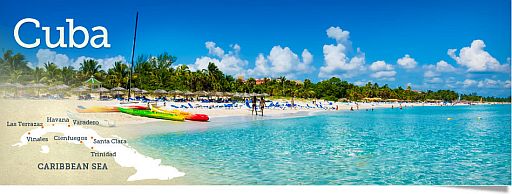
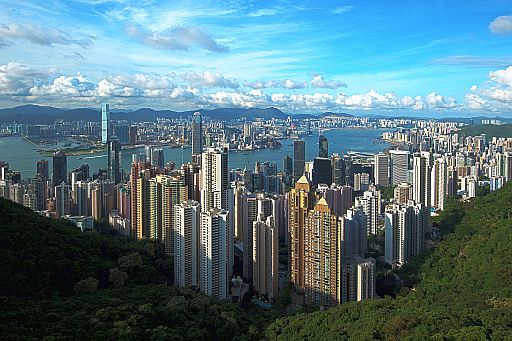
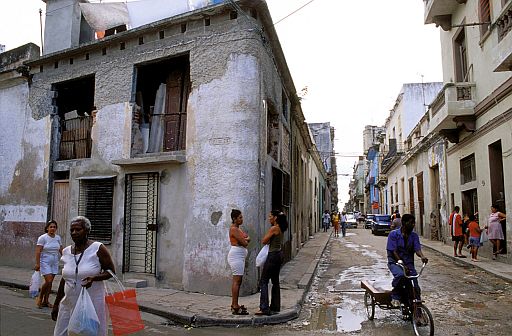
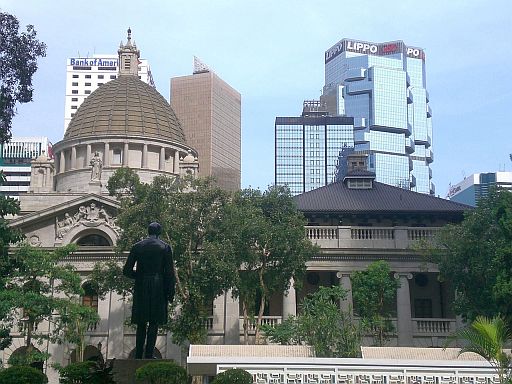
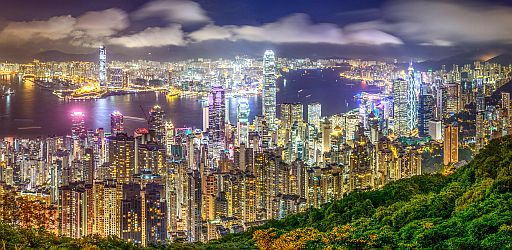
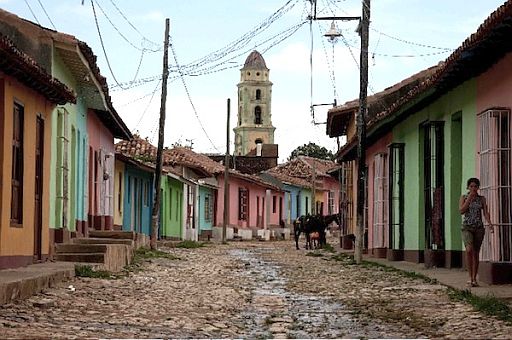
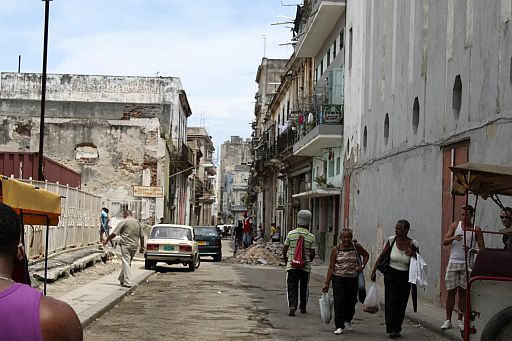

![NEOCASTRISMO [Hacer click en la imagen]](http://4.bp.blogspot.com/_5jy0SZhMlaU/SsuPVOlq2NI/AAAAAAAAH1E/4xt2Bwd2reE/S150/ppo+saturno+jugando+con+sus+hijos.jpg)





